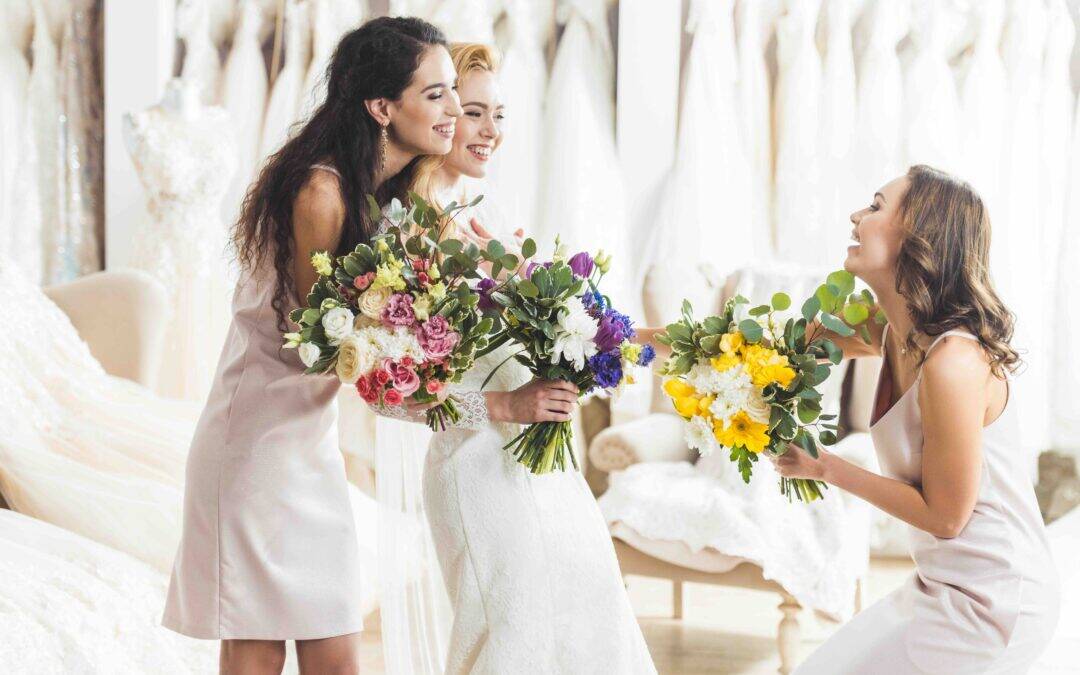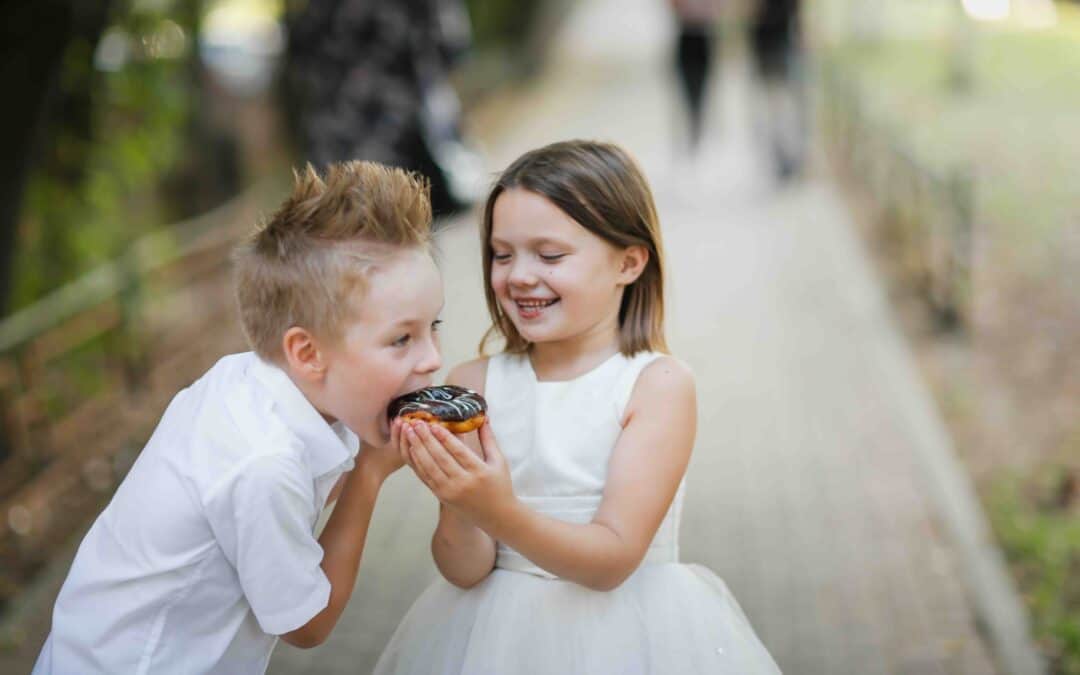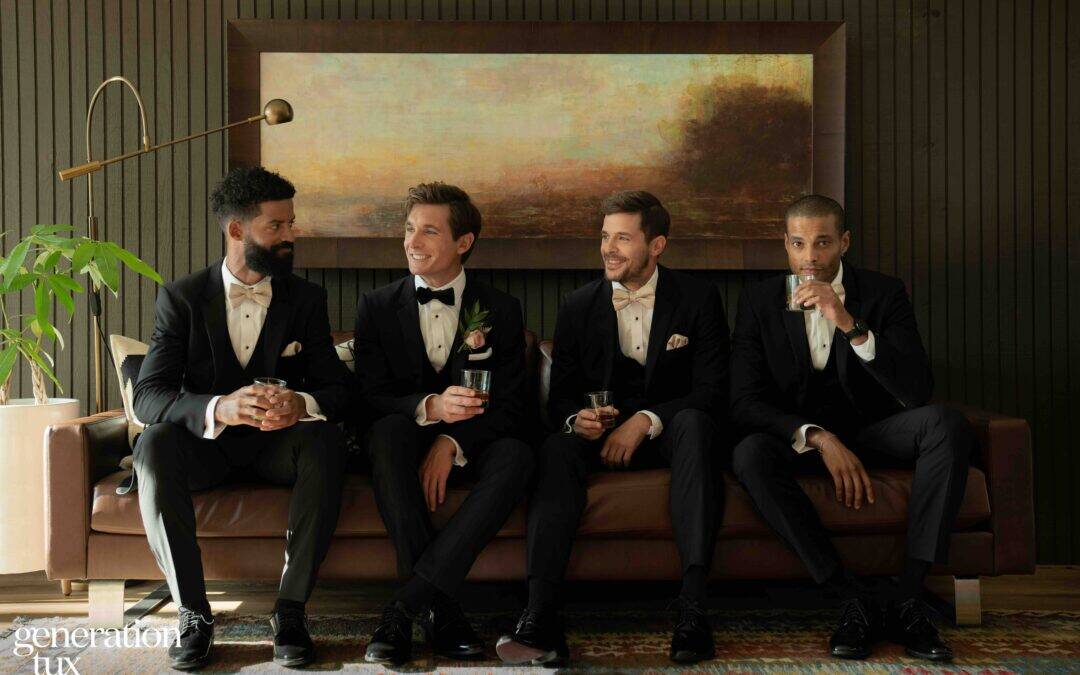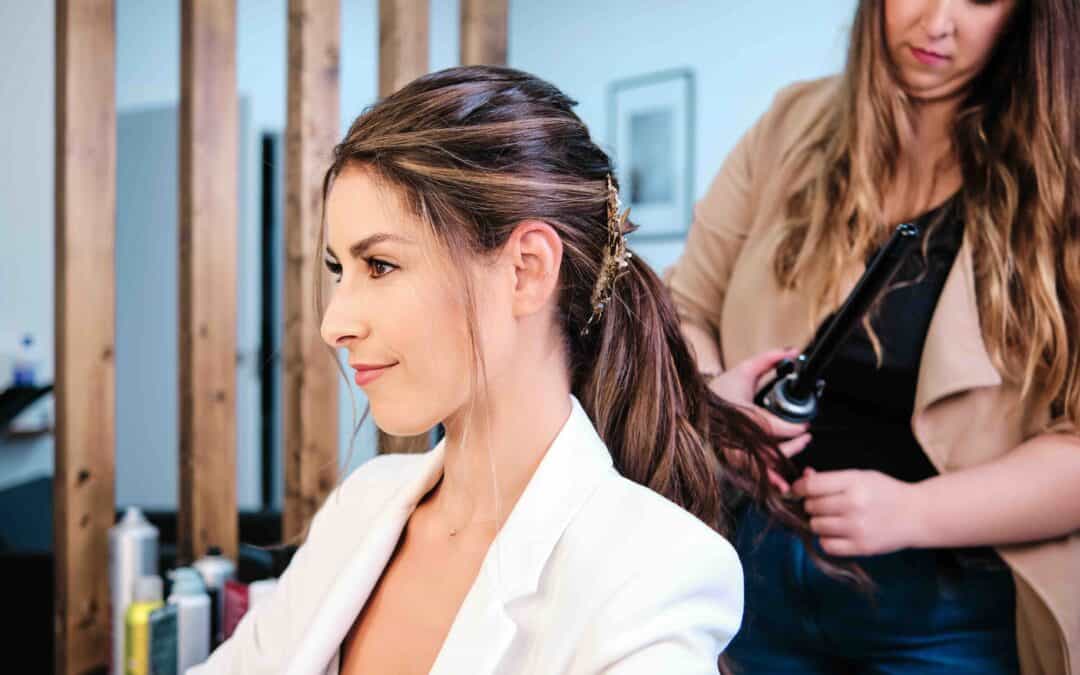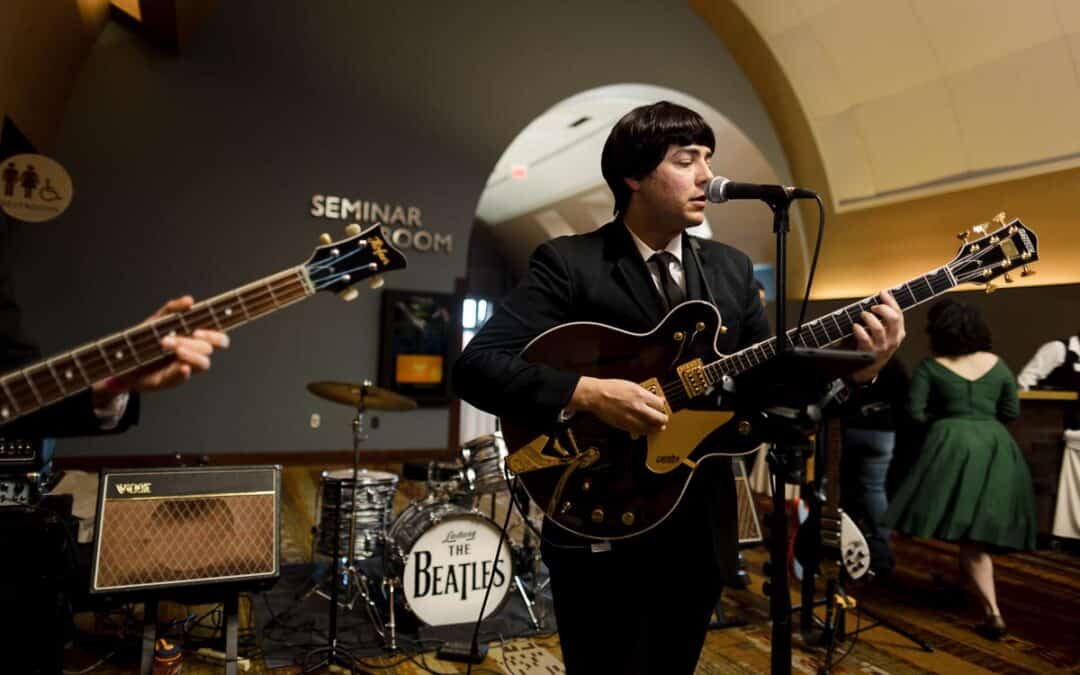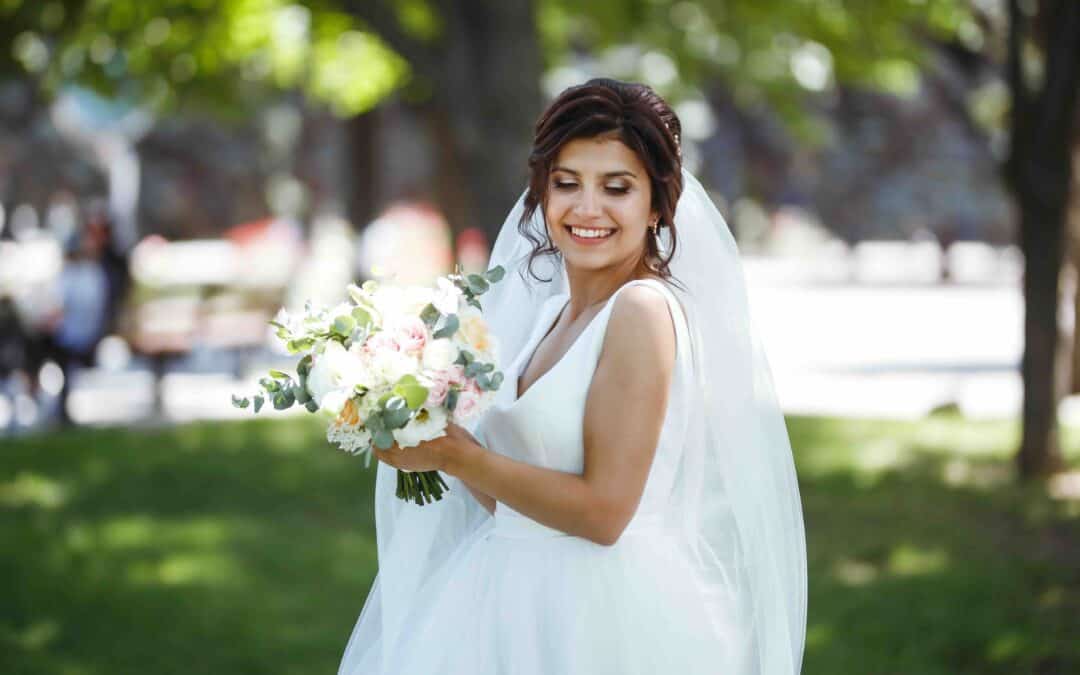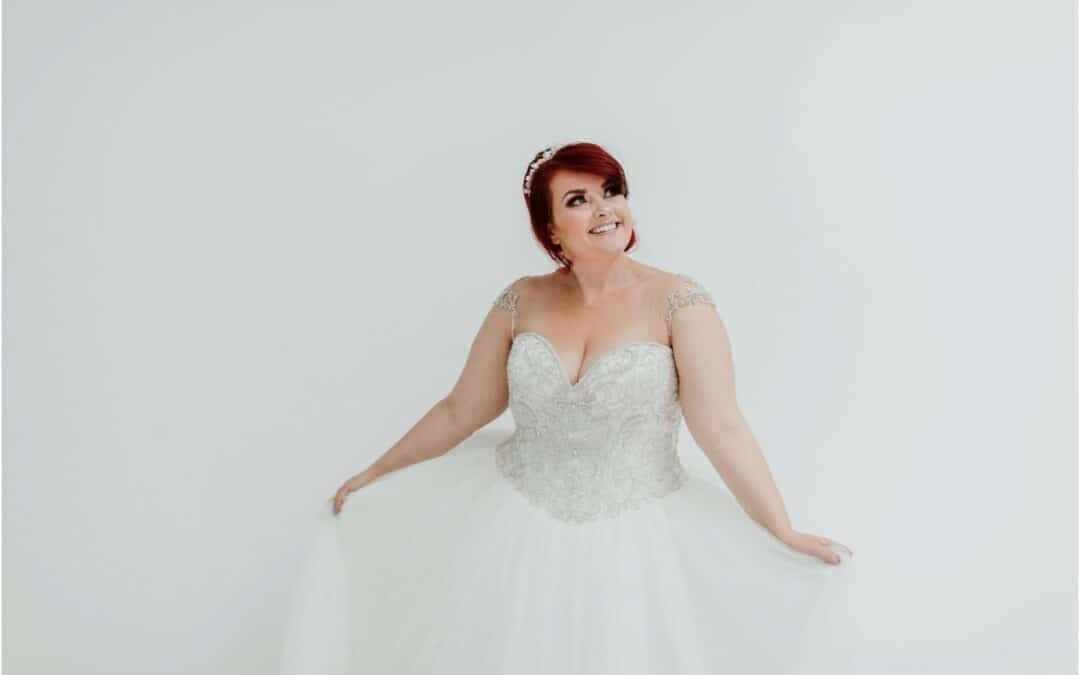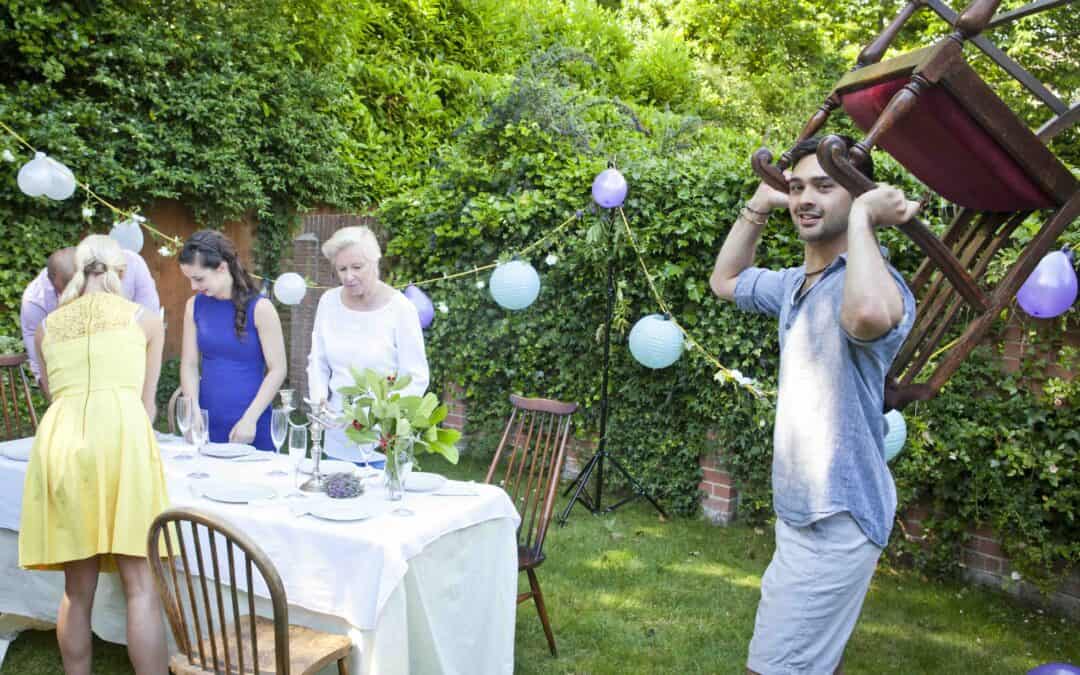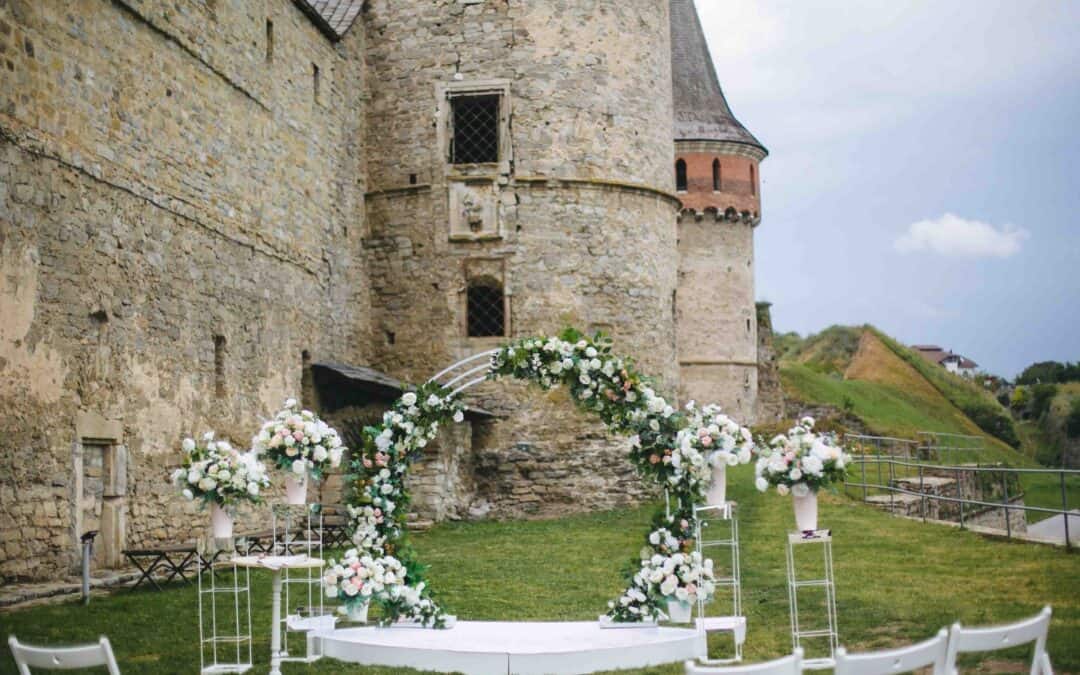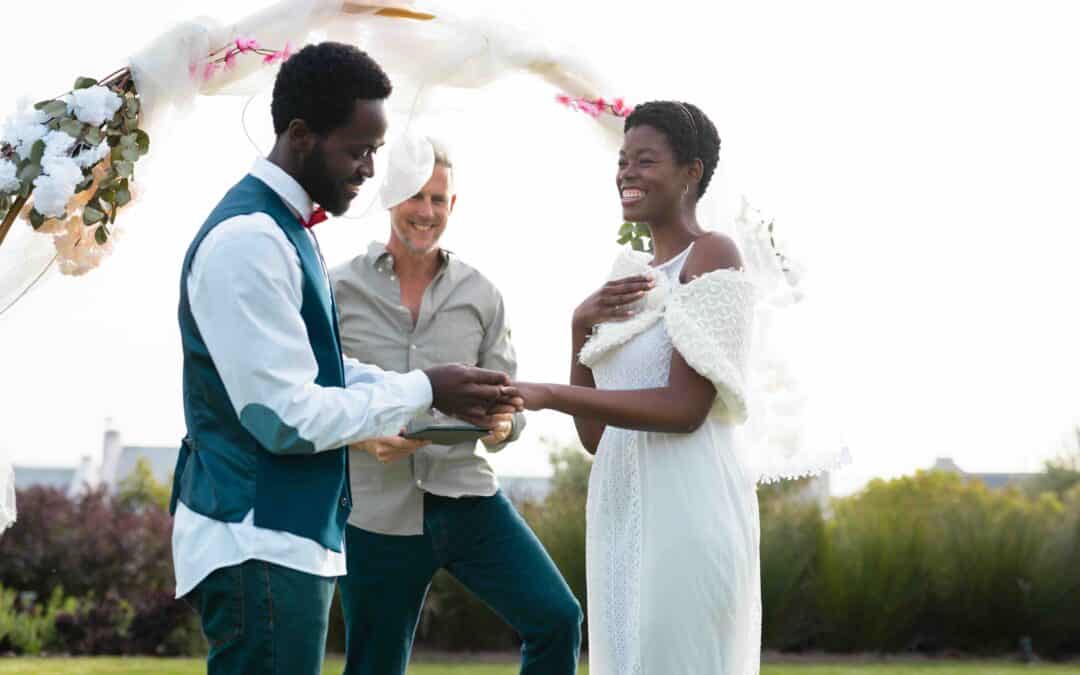bridesmaids responsibilities
In addition to the countless other decisions you will make as you plan your wedding, you and your fiancé will need to choose your wedding attendants. Consider that at the average wedding, attendants include a maid/matron of honor, a best man, and two to six bridesmaids and ushers.
As a rule, you should not choose two maids of honor or two matrons of honor, but you may have one maid of honor and one matron of honor. In this case, the maid of honor performs most of the duties of the honor attendant.
A bride usually asks her closest sister to be her maid/matron of honor, but you may choose your best friend. Some brides ask their mothers to be matron of honor, which is acceptable but not expected, since the position of mother-of-the-bride has responsibilities of its own.
Some grooms also ask their fathers to serve as their best man. This is an honor, but not a rule; many grooms instead choose to have a brother, a close friend, or a brother of the bride as their best man. Generally, however, the groom chooses a brother to whom he feels closest, unless that brother is much older or younger than he is.
The bridesmaids may or may not be married, but they should be relatively close to you in age. You may choose not to have any bridesmaids, but you must have a maid/matron of honor or an attendant to serve as a witness.
You will want to choose a dear friend or family member to be head usher. Generally, there should be one usher for approximately every fifty wedding guests. The number of bridesmaids is then determined accordingly.
There should not be more bridesmaids than there are ushers, but there may be more ushers than there are bridesmaids. When asking a married friend or relative to serve as an usher, bridesmaid, or other attendant, it is not necessary to ask his or her spouse to serve as an attendant as well.
You should invite the spouse to the wedding and, if possible, seat him or her at the bridal table during the reception. Traditional etiquette also dictates that the bride and groom include in their wedding party those in whose weddings they have served. Given our increasingly mobile society, this rule has become much less practical than it once was.
There may also be up to two flower girls, up to two ring bearers, junior ushers or junior bridesmaids. There does not need to be an even number of junior ushers and junior bridesmaids since it is acceptable for a single junior usher or junior bridesmaid to walk alone in the wedding procession.
Your wedding attendants and other wedding participants will have various duties, which may vary depending on the circumstances.
Maid/Matron of Honor—
• Consults and assists the bride, especially on the wedding day
• Arranges a bridal shower (optional)
• Walks in front of the bride in the wedding procession, unless there are flower girls and ring bearers
• Holds the bride’s flowers during the ceremony
• Hands the groom’s ring to the bride if it is a double-ring ceremony
• Adjusts the bride’s train and veil as needed
• Signs the wedding register as the bride’s witness
• Stands on the groom’s left in the receiving line
• Sits at the groom’s left at the bridal table at the reception (she may or may not make a toast)
• Helps the bride change into her clothes
• Helps the bride’s mother take care of the wedding gown
• Chooses the bride’s gift from all the bridesmaids
• Collects the money to pay for the bride’s gift
The Best Man—
• Relieves the groom of as much responsibility as possible
• Gets the groom to the ceremony on time
• Sees that the groom is properly dressed and groomed for the ceremony
• Makes sure that the bride’s ring is securely attached to the ring bearer’s ring cushion, or brings the ring to the ceremony
• Walks in the procession with the maid/matron of honor directly behind the bride and groom
• Signs the marriage certificate as the groom’s witness
• Gives the clergy a donation on behalf of the groom, either before or directly after the ceremony
• Mingles with guests at the reception and provides any required assistance, but does not stand in the receiving line
• Sits to the right of the bride at the bridal table and makes the first toast to the married couple
•Dances with the bride immediately after the groom and bride have had their first dance
• Arranges post-reception transportation for the newlyweds
• Leads the couple to the door at the end of the reception
• Helps the groom pack for his honeymoon, if necessary
• Takes care of the groom’s wedding clothes after the reception
• Consults with ushers about a gift for the groom
• Collects the money for the gift and presents the gift to the groom at the rehearsal dinner
Bridesmaids—
• Form the wedding procession
• Stand in the receiving line (if the bride wishes)
• Host a bridal shower (optional)
• Entertain the bride in any other way that she may wish
Head Usher—
• Makes sure that others arrive at the ceremony on time
• Designates ushers to escort members of the bride’s and groom’s families
• Assigns guests to particular aisles if the church is large
• Escorts the bride’s mother in and out of the church, unless she has a son serving as an usher or chooses to be escorted by her husband
Ushers—
• Sit at the bridal table at the reception
• Contribute to a joint gift to the groom
• Seat wedding guests
Junior Bridesmaids (ages 8 to 14)—
• Attend the wedding rehearsal
• Attend the rehearsal dinner
Flower Girls (ages 3 to 7)—
• Walk directly in front of the bride, unless there is a ring bearer (the flower girl then precedes the ring bearer)
Ring Bearers (ages 3 to 7)—
• Carry the ring on a firm velvet or satin cushion
• Walk behind the flower girl or bride in the wedding procession



